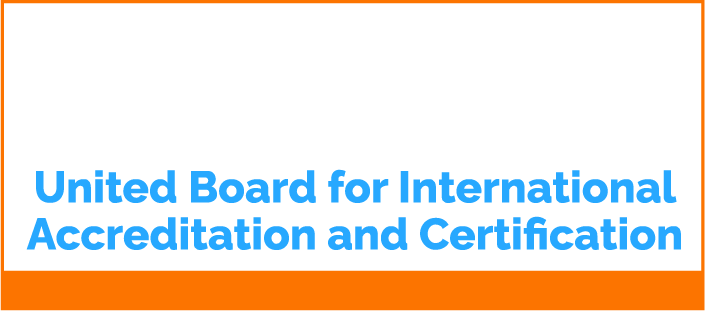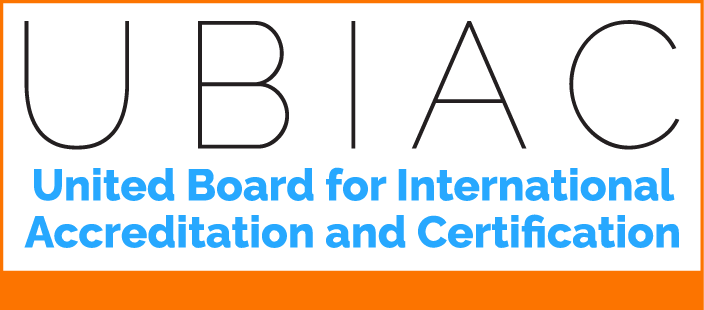If you’re running a business, it’s important to be aware of the various ISO certifications that are available. In this blog post, we’ll discuss what they are and why they’re important. We’ll also provide an overview of the different ISO certifications that are available.
What are ISO certifications?
ISO certifications are voluntary standards that businesses can choose to adopt in order to improve their operations and ensure that they’re meeting international standards. There are a variety of ISO certifications available, each of which covers a different aspect of business operations. businesses can choose to adopt one or more ISO certification, depending on their needs.
Why are ISO certifications important?
There are a few reasons why ISO certifications are important for businesses. First, they can help businesses to improve their operations and become more efficient. Additionally, ISO certifications can be used as a marketing tool to show customers that a business is committed to quality and meeting international standards. Finally, ISO certifications can provide businesses with a competitive advantage over those who are not certified.
What are the different types of ISO certifications?
There are a number of different ISO certifications available, each of which covers a different aspect of business operations. Some of the most popular ISO certifications include
- ISO 9001 (quality management)
- ISO 14001 (environmental management)
- ISO 27001 (information security management)
Conclusion: ISO certifications are important for businesses because they can help to improve their operations, show customers that they’re committed
Aside from the three most popular ISO certifications, there are a number of other industry-specific options available. For example, the food and beverage industry has its own set of ISO certifications, as does the healthcare industry. If you’re running a business, it’s important to research the various ISO certifications that are available and to decide which ones are right for you.
While ISO certifications are not required, they can be beneficial for businesses. By becoming certified, businesses can improve their operations, show customers that they’re committed to quality, and gain a competitive advantage over those who are not certified.
Do you currently have any ISO certifications? If not, what are you waiting for?



